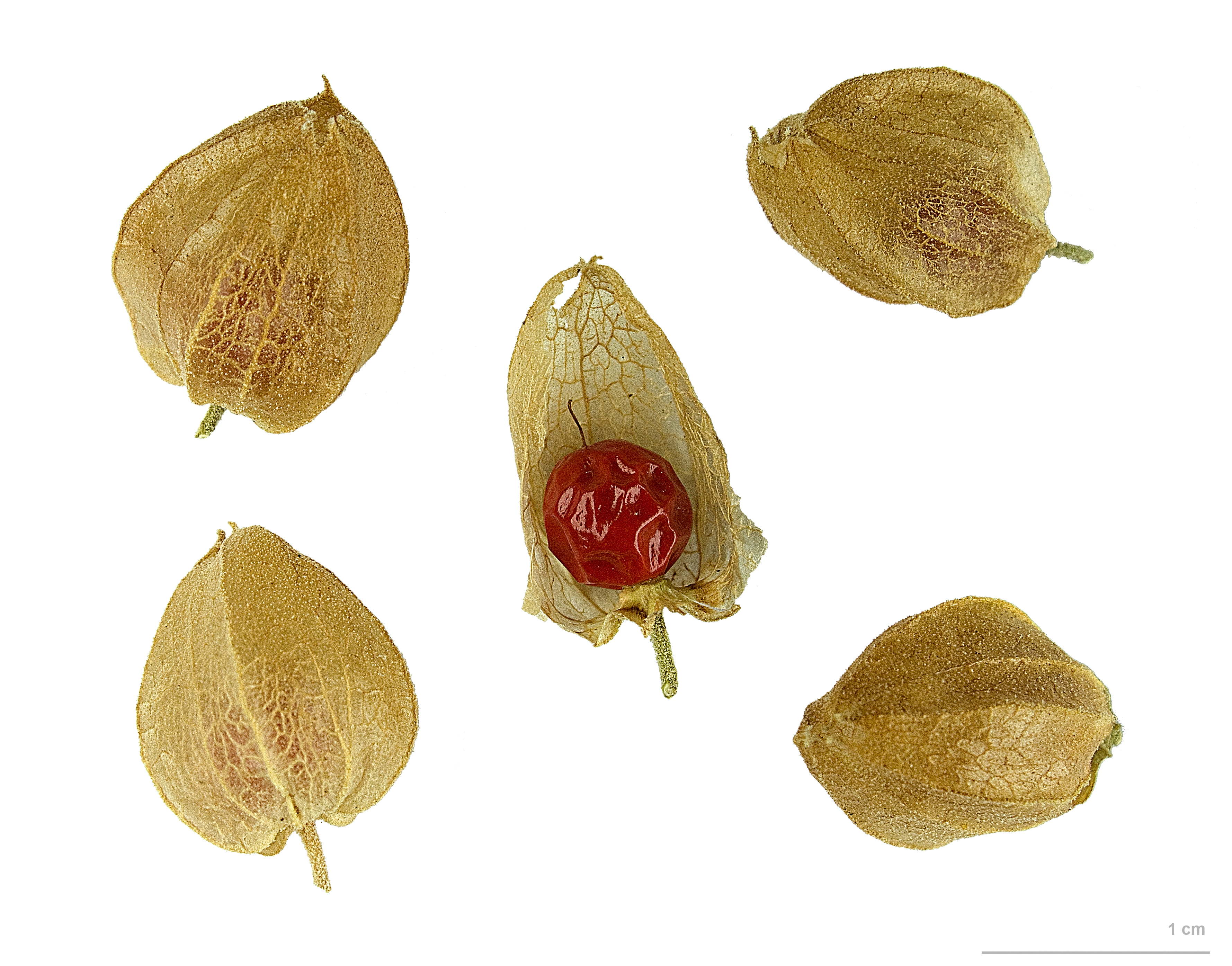Botanical Name: Withania somnifera Common Names: Ashwagandha, Indian Ginseng, Withania Family: Solanaceae USDA Hardiness Zones: 10-12 Range: Mediterranean Europe, Africa, Western Asia, Pakistan, India, Sri Lanka
Introduction to Ashwagandha
Withania somnifera (Ashwagandha) is a medicinal plant that occurs naturally in the region of India. Rather, the plant is popularly referred to as "Indian Ginseng". In fact, this herb has been a prominent part of Ayurvedic medicine for over a thousand years. The most common attribute of Ashwagandha is that it acts as an adaptogen, which means it helps the body to deal with stress better and feel more alive. This plant is the source of many health benefits such as the ability to improve cognitive function and even immune health. This article will review Ashwagandha in traditional medicine as well as its physical characteristics, medicinal uses, and other aspects.
Physical Characteristics of Ashwagandha (Withania Somnifera)
| Feature | Description |
|---|---|
| Type | Evergreen shrub |
| Height | Up to 1 meter (3ft 3in) |
| Width | Up to 0.5 meters (1ft 8in) |
| Flowers | Small, greenish |
| Fruits | Red, berry-like |
| Habitat | Found in open places, stony regions |
| Soil Type | Prefers well-drained, moderately fertile soil |
| Hardiness | USDA zones 10-12 (not frost-hardy) |
Ashwagandha is a low shrub about 1m high on average. Under such circumstances it certainly will prosper in warm dry and well-drained soils which are often found in stony spots or disturbed lands.

Medicinal Benefits of Ashwagandha
Ashwagandha or Withania Somnifera is recognized for its adaptogenic and rejuvenating effects. It is always used to promote well-being, impart mental clarity, and reduce stress.
Top Ashwagandha Benefits
- Stress Relief: Thanks to its adaptogenic qualities Ashwagandha empowers the human body to deal with stress and anxiety.
- Improves Cognitive Function: Research indicates that the regular intake of Ashwagandha powder offers cognitive benefits such as improved memory and concentration.
- Boosts Immunity: Withania somnifera increases immunity by increasing the production of white blood cells in the body.
- Fights Inflammation: The plant boasts anti-inflammatory properties which enable it to be employed in treating arthritis.
- Supports Reproductive Health: Both men and women will reap the rewards of Ashwagandha treatment for fertility, infertility being a common use of the herb.
Ashwagandha Benefits for Women
- Hormonal Balance: Female hormone levels may be balanced through the supplemental use of Ashwagandha leading to better menstrual health.
- Stress Management: For women, it is a fatigue and anxiety-reliever that is the reasonwhy the herb is even more effective.
Ashwagandha Benefits for Men
- Enhances Vitality: Ashwagandha powder may be an effective way to boost male energy levels and reduce fatigue.
- Boosts Libido: Male impotence is mainly a disease that is treated with the intake of Ashwagandha making it beneficial to male sexual performance.
Other Uses of Ashwagandha
Ashwagandha has many uses beyond its healing powers in old-school practices.
Soap Substitute Ashwagandha fruit contains lots of saponins, which people can use instead of soap.
Insect Repellent Withania somnifera leaves keep bugs away making them handy for pest control.
Animal Deterrent In Africa, people crush Ashwagandha roots to scare off big animals like lions.
How to Cultivate Ashwagandha
Withania somnifera grows in warm sunny spots. The plant needs soil that drains well and has some nutrients. It likes dry rocky soil but can grow in cooler places as a yearly plant. With good care, it blooms and bears fruit in its first year.
Growing Tips:
- Sunlight: Ashwagandha plants need full sun to grow their best.
- Watering: Keep the soil damp but not soaking wet.
- Temperature: These plants do well in temperatures from 20-30°C (68-86°F).
Precautions and Side Effects
While Withania somnifera(Ashwagandha) is safe, you should keep these things in mind:
- Toxicity: Taking too much can make you sick.
- Medication Interactions: It might not mix well with drugs that weaken your immune system or help you sleep, like barbiturates.
- Thyroid Health: Some people have had thyroid problems when they used too much Ashwagandha.
Talk to your doctor before you start using Ashwagandha if you take other medicines.
Conclusion
Ashwagandha (Withania somnifera) has many uses and benefits. It helps to lower stress, make your mind clearer, boost your immune system, and improve reproductive health. People use it in Ayurvedic treatment for lots of reasons. You can find Ashwagandha as a powder, a pill, or in herbal products. Both old-school and modern doctors trust Ashwagandha to help their patients. The rising fame of Ashwagandha due to its health perks, including its benefits for both women and men, points to this herb's key role in herbal remedies. This trend shows how much people value Ashwagandha in the field of natural medicine.
Also read about berberis aristata also known as tree tumeric.